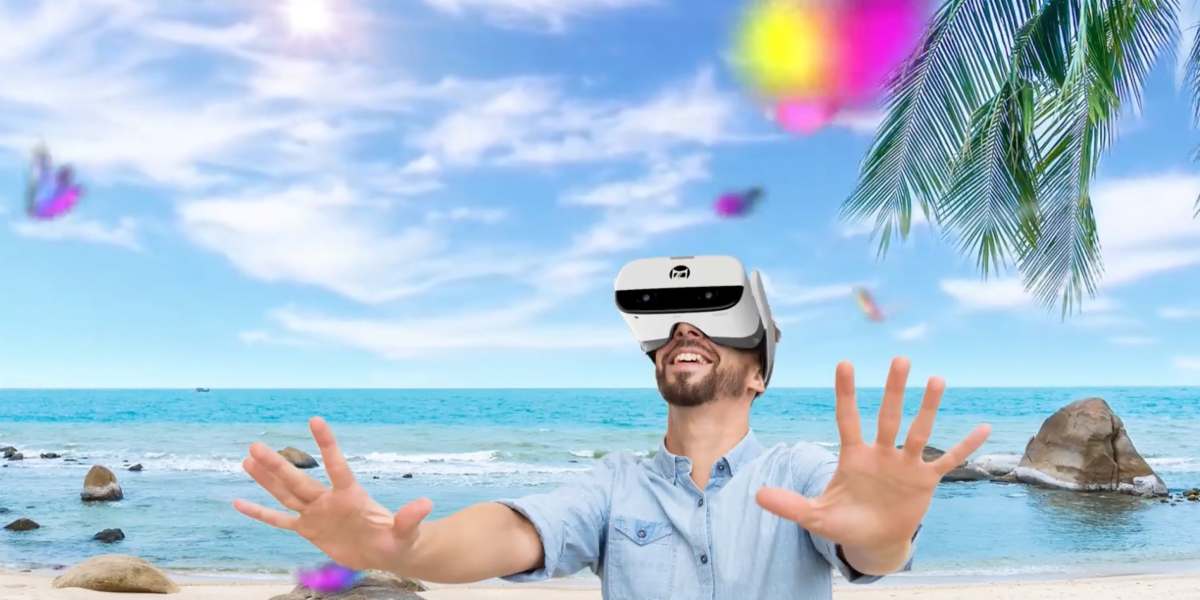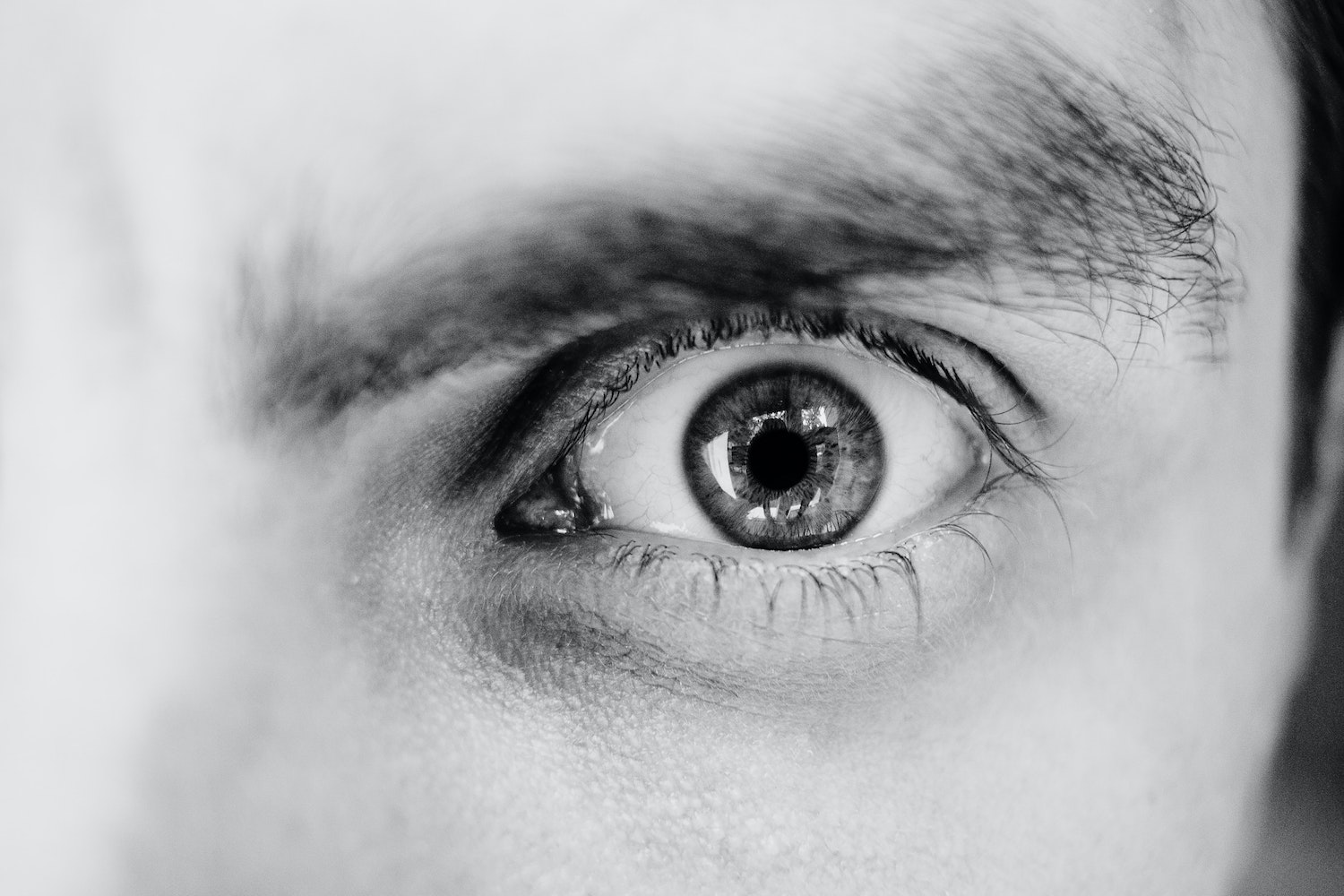Attention Deficit Hyperactivity Disorder (ADHD) is one of the most common neurodevelopmental disorders diagnosed in children, with an estimated prevalence of about five percent worldwide and nine percent in the US.
However, many adults have also received ADHD diagnoses for problems that may have been overlooked when they were younger.
According to ADDitude magazine, three percent of adults around the world have been diagnosed with this condition. Unfortunately, as the diagnostic criteria were developed with only children in mind, and many people with ADHD—adults and children alike—often have additional psychiatric conditions, the disorder is underdiagnosed in adults.
XRHealth, a virtual reality TeleHealth company, has released an ADHD therapy app to help users continue ADHD treatment in the comfort of their own homes. Designed for adults and children aged eight and above, the VR app helps users improve behaviours that involve cognitive functioning and more complex thinking, such as organising, initiating, planning, and completing daily tasks.
The XRHealth ADHD app is based research into brain plasticity, which is the mind’s ability to rebuild itself to face obstacles. Using physical, visual, and auditory experiences through the app, users can improve cognitive and motor abilities through situations that imitate those that occur in real life. In addition, through eye-tracking data, the platform can measure the user’s focus in the face of distractions. This information is sent to the user’s clinician to create, oversee, and adapt the training in conjunction with the patient’s needs.
“Our training method is able to help a child or adult brain better cope with ADHD,” said Eran Orr, CEO of XRHealth. “The interactive nature of the therapy is able to give clinicians critical measurements of improved concentration and attention span as well as reduced impulsivity.”
The VR platform can be used as an alternative to game-based treatments, helping users to reduce impulsive behaviours and improve their attentiveness while developing life skills along the way.
According to a statement released by the company, the US Food and Drug Administration (FDA) has developed a policy allowing practitioners to prescribe VR therapy to supplement supervised outpatient ADHD treatment due to the COVID-19 pandemic. According to Venture Beat, interested users can apply for the ADHD VR TeleHealth Kit through their insurance, which will include the Pico Neo 2 headset.
The system is not meant to replace other treatments, such as in-person therapy and/or medication, and needs to be used under the guidance of an XRHealth-approved clinician.




